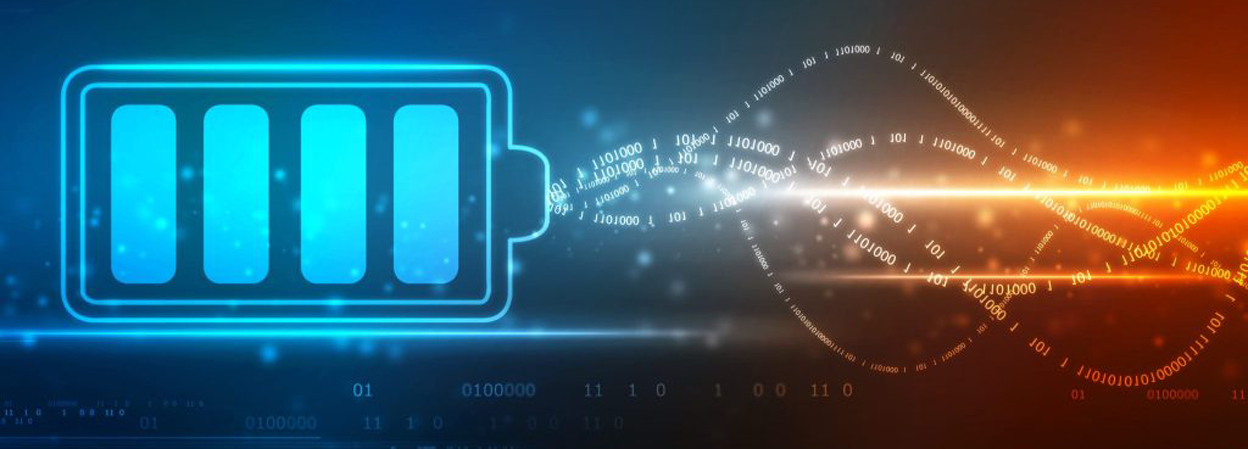Blog title will be here.
Blog CategoryDatat non proident qui offici.hafw adec qart.
In recent years, sodium-ion batteries (SIBs/NIBs) have been explored as an alternative technology to lithium-ion batteries (LIBs) due to their cost-effectiveness and promise in mitigating the energy crisis we currently face. Similarities between both battery systems have enabled fast development of NIBs. The sodium-ion battery is slowly but steadily gaining a competitive edge in the global battery market.
The current R&D capabilities in the battery technology space are growing rapidly to accommodate the exponential demand for energy storage. Alleviating the pressure on lithium reserves in the world is the primary focus of researchers looking for viable non-lithium battery options.
This course will deliver from basics of battery chemistry to sodium-ion batteries (NIBs), battery’s component materials (electrode, electrolytes and separators) and their effect on electrochemical performance of the cell, Battery pack, Understanding research opportunities, one step towards N-ion innovation and Understanding Business Model.
Next level Battery inovation
These batteries could become a viable, cheaper alternative -
it less expensive and more environmentally friendly to source
Sodium-ion batteries are also safer because they are nonflammable and less susceptible to temperature changes than lithium-ion batteries.
In short, sodium-ion batteries are starting to move from pilot- to commercial-scale production.

Due to the huge availability of sodium, its low price and the similarity of both Li and Na insertion chemistries, sodium-based batteries have the potential for meeting large scale grid energy storage needs.
The course consists of four core modules:
Present situation of sodium-ion batteries
Present research and development of sodium-ion batteries in order to commercialize this technology for cheap, scalable and large-scale electrical energy storage.
Design of Ground‐Source Heat Pump Systems
Step design process, including instruction using provided software for Ground Heat Exchanger Sizing, Pump Calculations, AHRI test data corrections to design conditions, and more. Design for closed‐loop vertical ground heat exchanger and closed‐loop surface water heat exchanger connected to a commercial building.
SIB chemistry: Cathode materials for sodium-ion batteries
This unit's aims to critically assess the sustainability of currently proposed cathode active materials for commercial sodium-ion batteries.
SIB chemistry: Anode material for sodium-ion battery
This unit's aims to critically assess the sustainability of currently proposed anode active materials for commercial sodium-ion batteries.
SIB chemistry: Sodium-ion battery electrolyte
This unit gives an extract of available data on the physical, chemical, electrochemical and mechanical properties of electrolyte materials.
Design, Performance and commercialization of sodium-ion batteries
Sodium-ion batteries (SIBs) are an emerging battery technology that offers cost-effectiveness, better safety, performance advantages, and sustainability.
The application segment consists of transportation, consumer electronics, large-scale stationary energy storage, and industrial.
Research Associate, IIT Roorkee
Ex. Senior Research AssociateSenior Research Associate
Centre for Nano and Material Sciences
PhD in Perovskite Solar Cell
University of Calcutta
M.Tech in Materials Science and Engineering
Indian Institute of Technology, Kharagpur
M.Sc (Physic), Civil Engineer
Certified Solar Trainer
12 years Experience in Training at Institute of Solar Technology